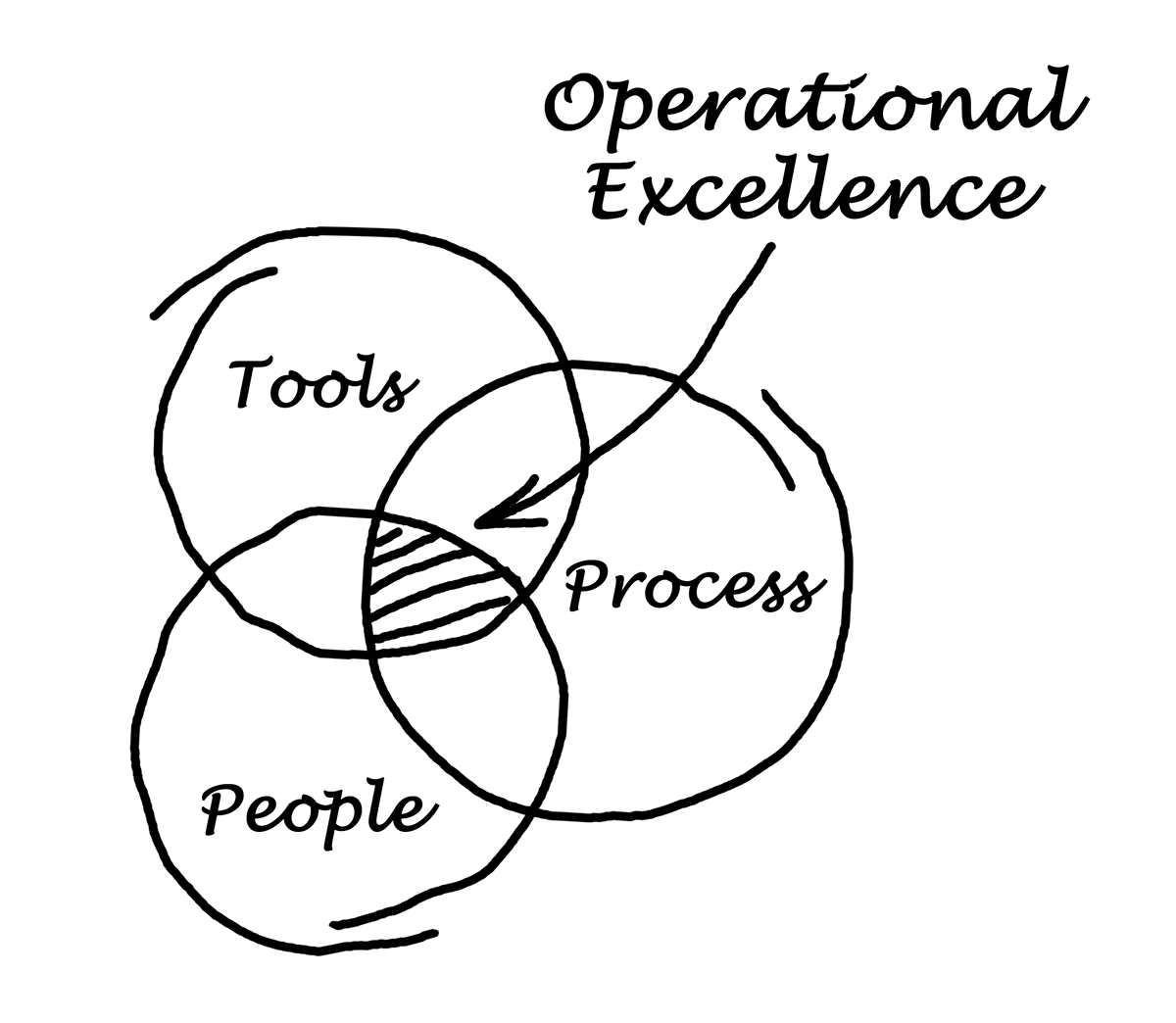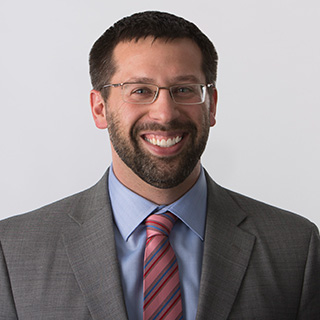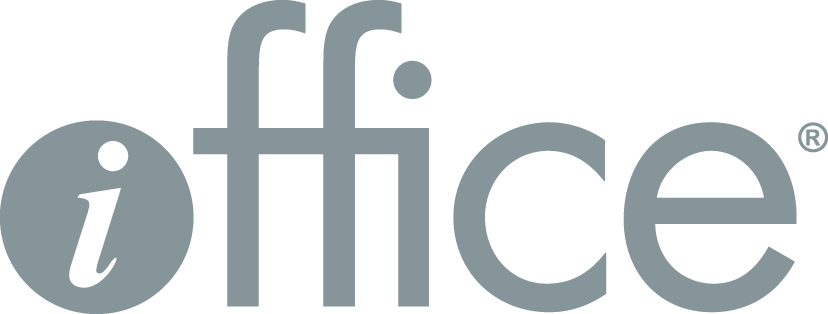Agenda
10:10 AM
How to Achieve Operational Excellence
Speaker:
Teena Shouse, CFM, IFMA Fellow
Principal, FM Transitions
In today's ever-changing environment, striving for operational excellence is no longer an option for facility managers, it is imperative. This session outlines how operational excellence is defined, how your key performance measures need to align with your organization's strategy and objectives about how to integrate workflow processes and information exchanges across functional areas. Learn how this is a continuous improvement process incorporates capability maturity models. Attendees will have the opportunity to evaluate their own maturity level within the key areas driving operational excellence and develop your roadmap toward success.
11:00 AM
Digital Transformation of Asset Management in 2021
Speakers:
Mike Petrusky
Director of Events & Growth Marketing
iOFFICE
Cody Gray
Director of Product and Design
iOFFICE, Asset Division
Mike Petrusky, Host of the Asset Champion Podcast, and Cody Gray, Director of Product and Design at the iOFFICE Asset Division will discuss trends in the asset management landscape, the integration of safety, risk, and asset reliability, and the availability of new digital technology impacting your organization. They will also talk about the value of mobile applications and how to get started on your digitization journey in 2021.
11:15 AM
Building Commissioning, Retro-Commissioning, or Re-Commissioning?
Speaker:
Jeffrey A. Miller, P.E., LEED AP, CBCP, EBCP
Senior Principal and Senior Mechanical Engineer, Facilities Division, Terracon
Commissioning of energy consuming systems is defined by the American Society of Heating, Refrigeration, and Air Conditioning Engineers (ASHRAE) Guideline 0-2019, The Commissioning Process. It is an intensive quality assurance process. Commissioning begins at design and continues through construction, occupancy, and continued operations. Commissioning has an ultimate goal of operating a building as designed and that staff are trained to operate it efficiently and provide uniform comfort for all occupants.
Retro-Commissioning is typically applied to existing buildings with a goal to identify how to improve the efficiency and operation of energy consuming systems and equipment such as the heating, ventilating, and air conditioning (HVAC), interior and exterior lighting, service water usage and heating. Retro-Commissioning is typically a four-step process that begins with an analysis of an existing building through study of energy and water efficiency and operation and benchmarking with peer buildings. It prioritizes a list of potential capital improvements from lowest to highest. The process develops a plan to implement energy efficiency and operational improvements. At the conclusion of retro-commissioning, documentation including findings and improvements is provided and is carried into long term operator processes in the building.
12:05 PM
Modernize your facility operations by leveraging Digital Twins with Analytics
Speaker:
Zhi Wei Li
Director of Innovation & Incubation Solutions
ICONICS
Modern facilities are a symphony of systems. These systems are critical in maintaining occupant comfort and confidence, while complying with corporate sustainability initiatives. The challenge for today's operations teams is in keeping these systems humming to the same rhythm of excellence. Digital Twins with Analytics gives operations teams a way to orchestrate these systems as a single platform by creating context between people and assets, streamlining their processes from reactive to proactive, and in doing so, achieving operational excellence.
12:20 PM
Breakout Session
12:35 PM
How to include hospital-grade disinfection as part of your daily cleaning protocols
Speaker:
Ben Boyer
Chairman & Co-founder
R-Zero
Facilities personnel have confronted multiple challenges during this pandemic with perseverance and ingenuity that continues to inspire. But the SARS-CoV-2 virus still presents challenges. Post-pandemic, modern and dynamic organizations will look for ways to protect their employees from more common pathogens, such as E. coli, influenza, MRSA, MERS, and other viruses. With a desire to bring staff and tenants safely back to the office, facilities management leaders are facing increased pressure to implement effective safety and disinfection protocols, fast.
Join us and learn:
- The efficacy of UV-C light, common myths, and how to evaluate it as an air and surface disinfection tool for your facilities
- How to incorporate hospital-grade disinfection practices in your cleaning and disinfection protocols
- Why UV-C disinfection will make your tenants and staff feel safer when they are inside your building
12:50 PM
The Value Proposition of Upgrading MEP Systems and Equipment
Speaker:
Jesse Fisher, PE, CPD
Senior Engineer, WB Engineers+Consultants
We'll discuss how to determine when to replace existing systems and equipment in kind and when to upgrade at the end of equipment life. There are often missed opportunities at the end of equipment and system life to improve performance and efficiency in facilities. Replacing equipment in kind is normally the default solution. Upgrading with smarter or more efficient solutions may increase the capital cost but often results in better value by reducing energy cost, improving performance, or positioning the facility to take advantage of market trends. Recognizing and taking advantage of these trends requires an understanding of the facility, the systems and equipment, and the prevailing market trends.
1:40 PM
Facilities Management with Drone Data
Speaker:
Andrew Dennison
Director of Enterprise Services
DroneDeploy
Imagine having every inch of your building documented — down to the window caulking, steam vents, roof drains, HVAC, pavement, etc.. This type of precision can only be achieved with drone insights, which improve facilities condition assessments and allow portfolio managers to better improve their budget forecasting. In this dynamic session from DroneDeploy, you'll learn how drone technology can revolutionize and standardize condition assessments, prevent large-scale repairs and improve the facilities budgeting process.













